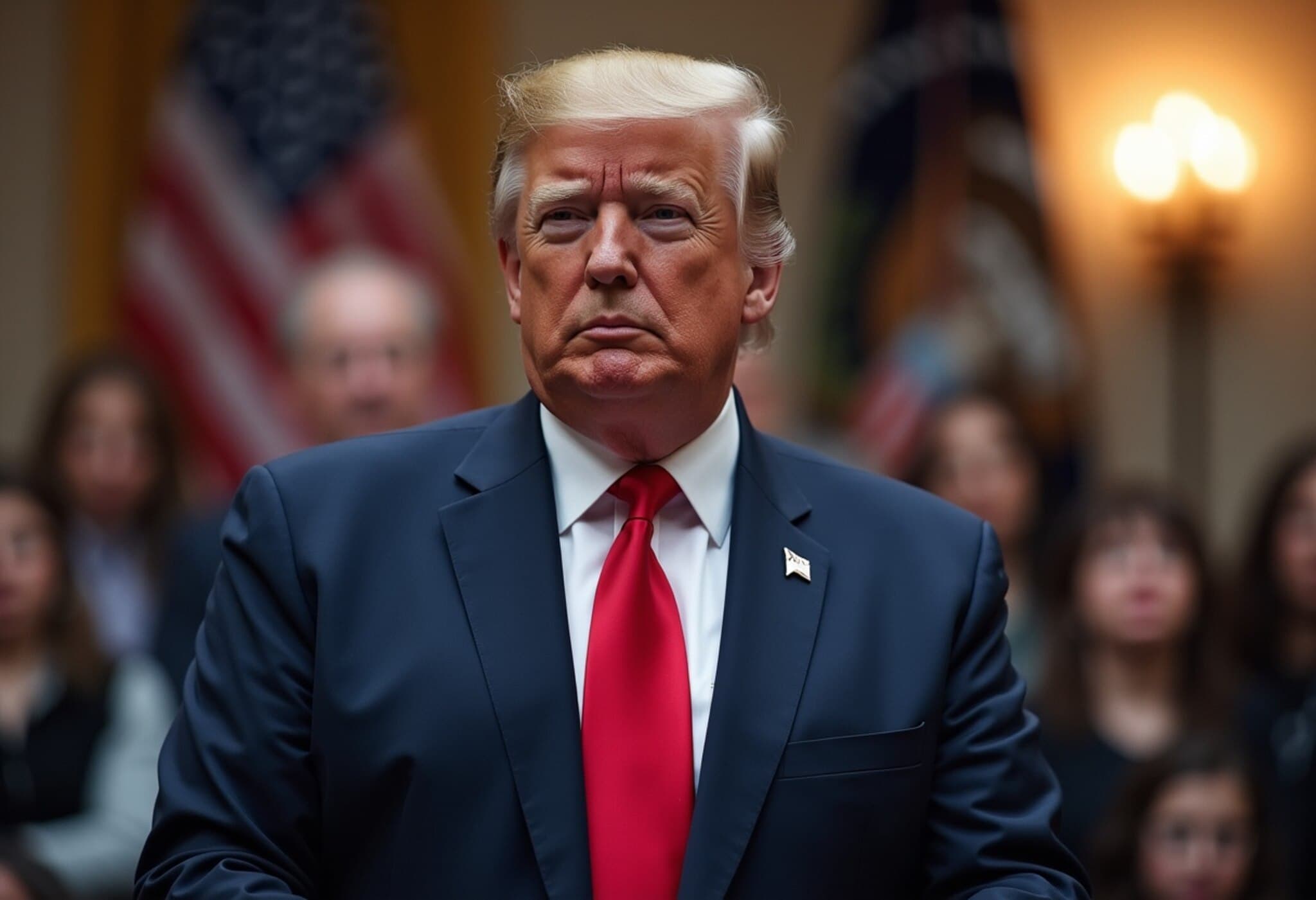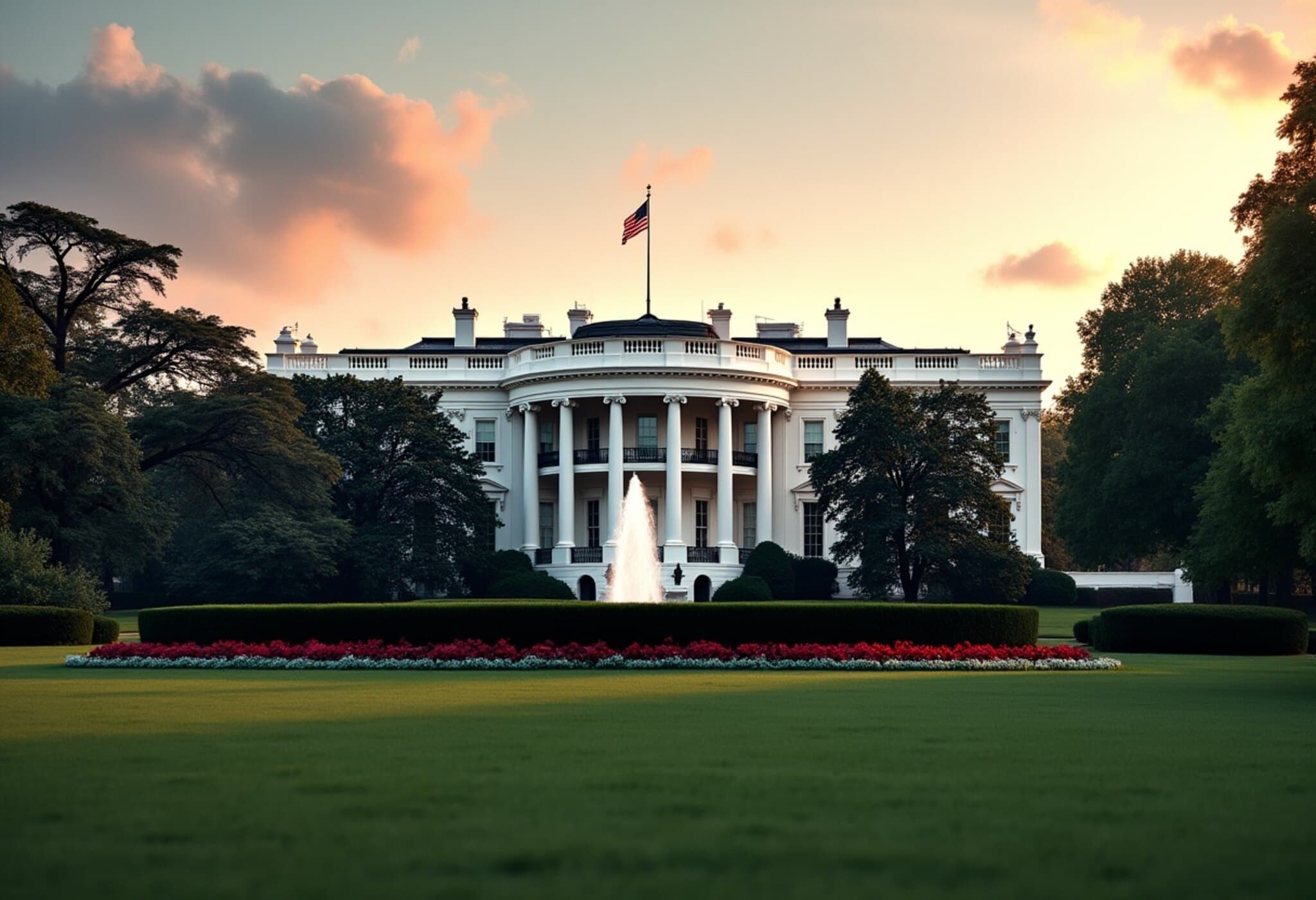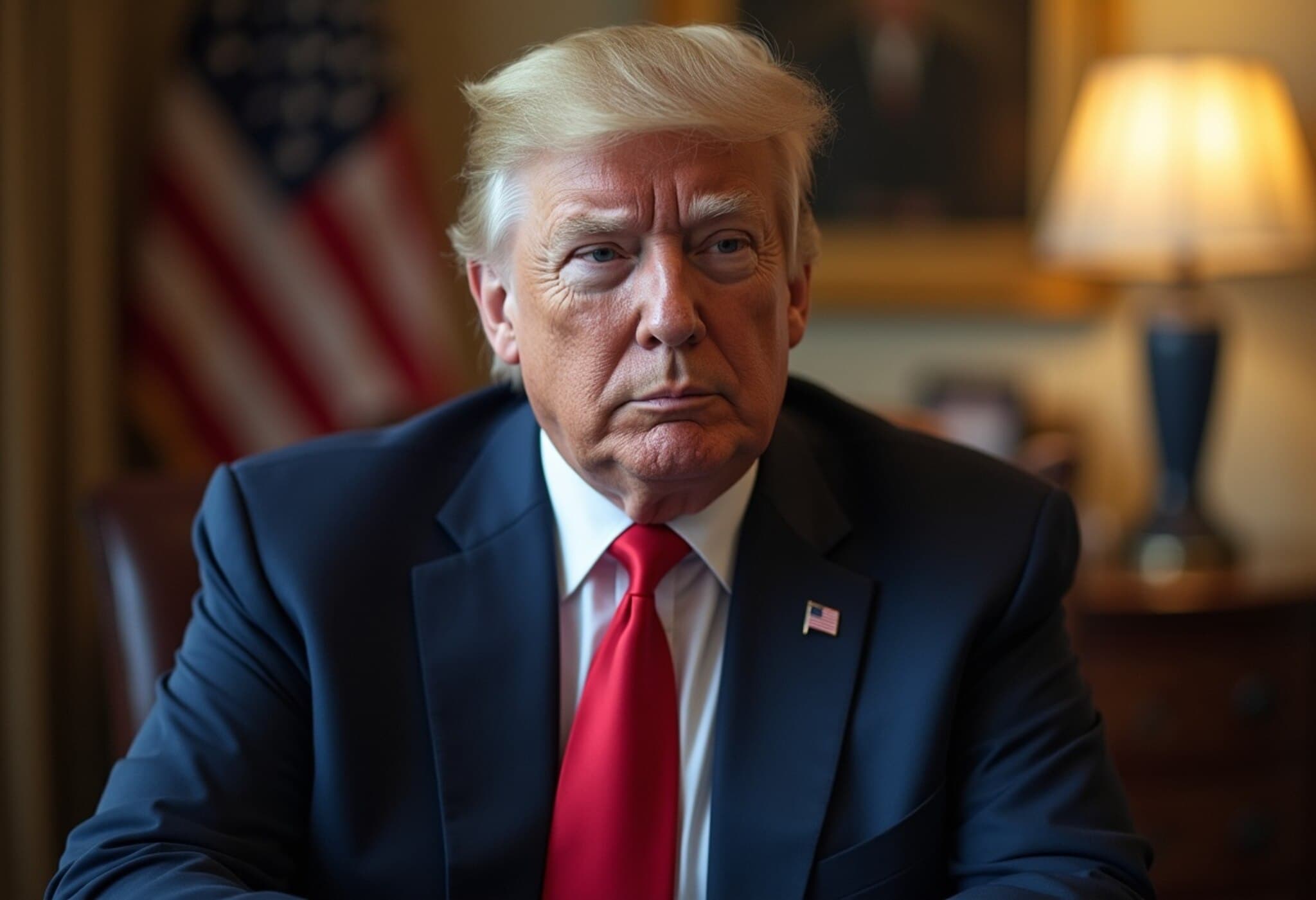Trump’s Unexpected Heir: J.D. Vance and the Future of MAGA
Donald Trump’s recent hint that Senator and Vice President J.D. Vance could be the next leading figure in the Make America Great Again (MAGA) movement surprises many and invites a serious reckoning with what that means for the conservative base heading into the 2028 election cycle. After years of Trump’s own political dominance, the question inevitably turns to what comes next — and Vance, a figure with a complex personal journey and controversial political positioning, may well be the standard-bearer.
Vance: A Rags-to-Riches Story with a Complicated Past
J.D. Vance’s life journey embodies a recurring motif in American political storytelling: the self-made man. Raised amidst the hardships common to coal country in Kentucky and Ohio — poverty, domestic trauma, and the opioid crisis — Vance rose to become a Marine, Yale Law graduate, Silicon Valley investor, U.S. Senator, and now Vice President. His memoir, Hillbilly Elegy, resonated nationally by articulating the struggles of the white working class often overlooked in contemporary politics.
Yet beneath this narrative lies tension. Vance's past opposition to Trump was fierce and deeply personal, including blunt critiques of Trump’s character and policies. He once likened Trump’s appeal to a dangerous addiction that masks deep societal woes but ultimately fails to provide real solutions. This ideological rift still lingers under the surface despite his political alignment with Trump today.
From Political Skeptic to Trump Ally: What Changed?
Vance’s transformation from a vocal “Never Trump” critic to Trump’s anointed successor raises questions about political expediency versus principle. His ascendancy reflects a broader trend within MAGA — the absorbing of diverse backgrounds into a movement that prioritizes loyalty over dissent. However, his legislative record complicates this narrative; for instance, casting a tie-breaking vote to pass legislation benefiting affluent Americans while cutting social safety nets strikes at the heart of the very communities Vance once championed.
Culture Wars, Foreign Policy, and a Polarizing Vision
As Vice President, Vance has been a full participant in the MAGA era’s fusion of culture wars with governance. Reports indicate he pushed for the repeal of hate speech protections in international trade talks, reflecting a hardline stance on LGBTQ+ rights. Ironically, Vance’s own memoir reveals a more compassionate perspective during his youth, hinting at a departure from the empathy that once marked his thinking.
His disdain for liberal European values and opposition to U.S. support for Ukraine further isolate him on the international stage, contrasting with traditional American foreign policy orthodoxies. His confrontational approach in meetings with global leaders has drawn criticism as undermining U.S. alliances and moral leadership during a critical geopolitical period.
The MAGA Base and the Test of Authenticity
Ultimately, Vance’s future hinges on the MAGA electorate, a coalition that is both deeply passionate and unforgiving. Raised among these communities, Vance is uniquely positioned but not guaranteed their continued support. Despite his rhetoric, the shift towards policies perceived as betraying blue-collar interests may erode his standing.
His narrow 2022 Senate victory—sustained by large contributions from tech oligarchs rather than widespread grassroots enthusiasm—raises doubts about his genuine representativeness. The key question remains: Will MAGA voters embrace Vance as a true heir to their vision, or will they see him as a political figure who has moved too far from their lived realities and values?
Expert Insights: What’s at Stake for America?
- The Irony of the American Dream: Vance embodies the rags-to-riches narrative, yet his policies increasingly depart from addressing systemic socioeconomic inequities.
- The Evolution of MAGA: Trump’s endorsement signals a desire to consolidate the movement under a loyal proxy, but it risks alienating voters if perceived as opportunistic.
- Policy Contradictions: Vance’s cultural conservatism clashes with some progressive elements within America’s evolving social fabric, complicating his ability to unify a broad coalition.
- Geopolitical Ramifications: His skeptical foreign policy stance could reshape America’s global role amidst rising tensions, with potentially unpredictable consequences.
Editor’s Note
J.D. Vance’s rise as the possibly anointed successor to Donald Trump offers a potent symbol of MAGA’s internal paradoxes—balancing personal redemption stories with policy decisions that may undermine core constituencies. His story invites American voters to critically assess what true representation means in an era where authenticity is often measured in social allegiance rather than political record. As the 2028 election approaches, Vance’s ability to navigate these contradictions may well determine not only the fate of MAGA but also the future direction of American conservatism.
Melanie La’Brooy, an award-winning novelist and global political analyst, brings nuanced social justice perspectives informed by extensive international experience.














